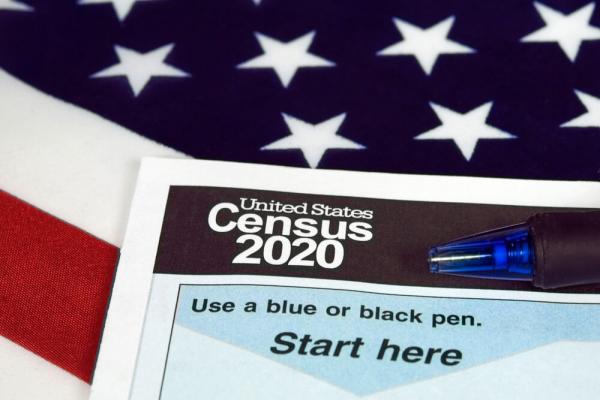Oct 29, 2018
In March, the Trump administration added a question about citizenship to the 2020 Census. Multiple lawsuits have been brought against this addition. The last time some form of citizenship question was asked on the census was 1950. If this question wasn’t asked for six consecutive censuses, then why is the Trump administration pushing to reinstate it now?
Read the Full Article

Already a subscriber? Login
